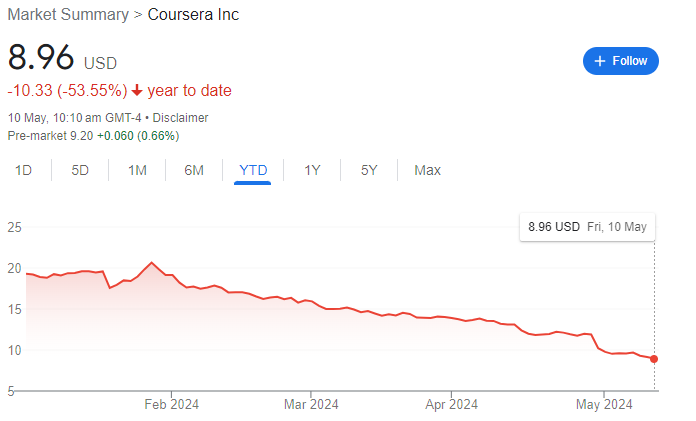Samsung Electronics Co. made significant gains of over 6% following reports confirming the company’s successful bid to supply advanced AI memory chips to AI leader Nvidia Corp. In an industry-altering move, South Korea’s tech giant is set to provide Nvidia with HBM3 memory, a next-generation memory designed to enhance the performance of artificial intelligence accelerators.
Citigroup analysts, led by prominent expert Peter Lee, have undertaken a revision of their price target for Samsung, a revision motivated by the unfolding significance of this development. Their revised outlook anticipates Samsung’s increasingly substantial role within not just the memory market but also the burgeoning sphere of AI computing, underscoring their confidence in the company’s potential to contribute significantly to market expansion in these domains.
Samsung emerges as a key player in AI memory chip supply chain
Samsung’s ascent to a pivotal role in Nvidia’s HBM3 supply chain signifies a significant achievement in the tech industry. Citigroup analysts believe this move will establish Samsung as a prominent supplier of HBM3 memory chips, underlining its importance in the expanding memory and AI computing markets. Josh Yang, one of the analysts at Citigroup, notes that this development follows Samsung’s successful entry into Nvidia’s HBM supply chain, signaling a long-term partnership that benefits both companies.
The partnership between Samsung and Nvidia solidified after rigorous quality tests of Samsung’s memory chips conducted by the US chip designer. Industry sources, though unnamed, have confirmed Samsung’s successful acquisition of the deal. Preparations for the supply of these crucial memory chips are reportedly underway, with sources indicating that deliveries could begin as early as the coming month, as reported by the Korea Economic Daily.
Nvidia’s advantage and implications for the market
Nvidia, a leading player in AI technology with substantial growth this year, stands to gain from having Samsung as an additional supplier of HBM3 memory chips. With a market value of $1.2 trillion, Nvidia’s shares have surged threefold in the current year. This strategic move could potentially result in better cost efficiency, improved performance, and a more reliable supply chain for Nvidia’s AI accelerators. The diversification of its options for high-bandwidth memory suppliers brings increased flexibility to Nvidia’s operations, enhancing its ability to meet the growing demand for AI technology and solidify its position in the market.
Positive ripples in the supplier ecosystem
The news of Samsung’s pivotal role in supplying Nvidia with HBM3 memory chips had a ripple effect in the supplier ecosystem. Suppliers to Samsung also witnessed significant gains, with Hana Micron Inc., a chip testing and packaging firm, soaring by the daily limit of 30%. Daeduck Electronics Co., a printed circuit board supplier, also experienced a notable 7.4% rise in its stock value.
While Samsung’s entry into the HBM3 market is significant, it’s worth noting that Hynix currently holds the global leadership position in HBM3, particularly regarded for its effectiveness in bandwidth-intensive AI services. This development, signals increased competition and innovation in the AI memory sector. Hynix initially experienced a 1.5% decline in its shares after an initial rise earlier in the session, reflecting the market’s reaction to this transformative shift.
The considerable strides made by Samsung subsequent to its agreement with Nvidia for the provisioning of cutting-edge AI memory chips underscore the tech behemoth’s burgeoning significance within the AI memory market. This strategic collaboration not only bears the potential to augment Nvidia’s operational capabilities and bolster the stability of its supply chain but also stands as a catalyst for heightened competition and innovation within the AI memory sector.





